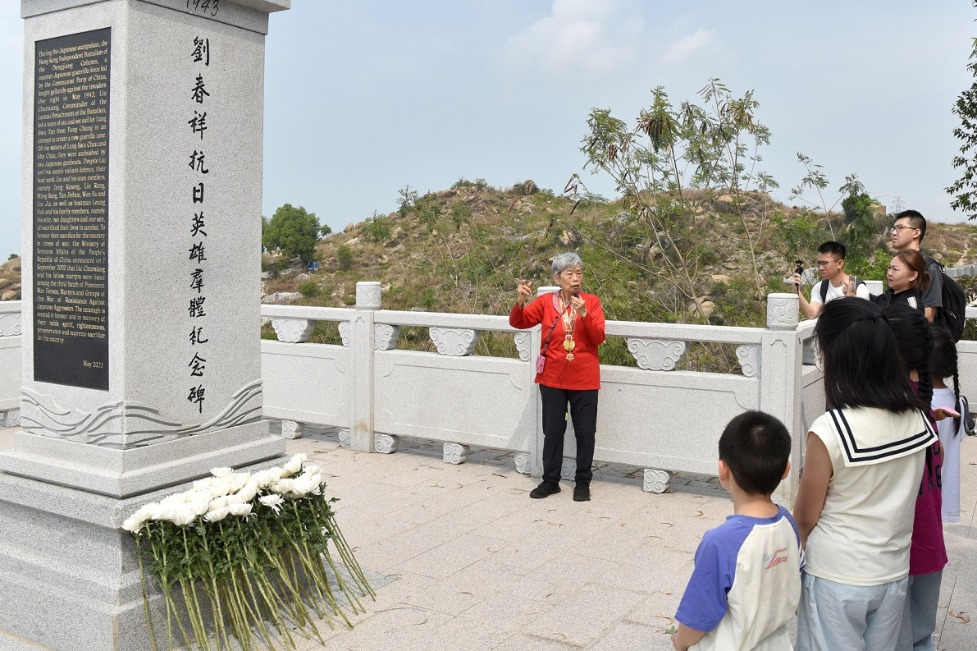Visual tools employed to stave off dementia

Experts from the United States are developing augmented reality and virtual reality systems to help prevent dementia in patients at early ages.
The research mainly focuses on restoring past scenarios lingering within the human brain through AR and VR technologies, according to Steve Chen, a member of the National Academy of Engineering in the US.
"What we are doing is trying to connect human brains to real life, rather than creating new scenarios," Chen said on the sidelines of the 18th China Conference on Virtual Reality in Qingdao, Shandong province, which concluded on Wednesday.
Chen said that his research is based on human brain science and studies of optic nerves.
"We use the technology to enliven brain activity and prevent mental recession before people approach old age," he said. "It's too late when people have already acquired dementia and are lying in their beds, so early testing and treatment is important."
"People with Alzheimer's disease fail to put fragmented memories together because they are out of order," Chen said. "But AR and VR can efficiently connect memories, facilitate nostalgia and create joy in the process."
Chen said the research has entered the clinical stage in hospitals in China and the US, and his team aims to test the research in 10,000 cases to prove efficacy.
The scientist said his team is transforming their research into software and equipment products that are expected to go to market in one or two years.
He hoped the products would be used widely in local community-level hospitals and help prevent dementia, as well as Parkinson's disease, depression and autism at early ages.
In 2017, an estimated 44 million people had Alzheimer's or a related dementia condition, but only one in four were diagnosed, according to Alzheimers.net, an online community.
Chen said the research also could be used to accelerate young people's learning process and improve their innovative abilities.
"At present, most young people conclude their doctoral studies in their late 20s and it is too late to carry out innovative projects," he said.
"With our technology to accelerate memory, I hope young learners can end their studies and embark on innovative paths in their early 20s or even before, when human brain activity is the most dynamic."
- Zhejiang leads in innovation, IP development
- Lotus sanctuary dazzles at wetland park in Chongqing
- Nearly 5,700 residents relocated amid heavy rain in Jizhou, Tianjin
- China to offer nationwide childcare subsidies
- China sees better air, water quality in H1
- Heavy-ion accelerator integrating into cancer treatment in China





































